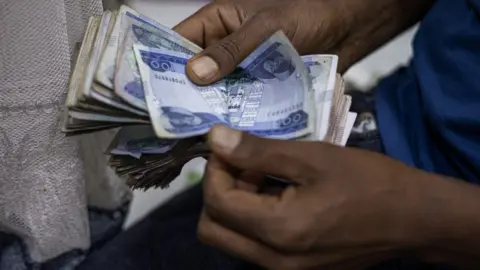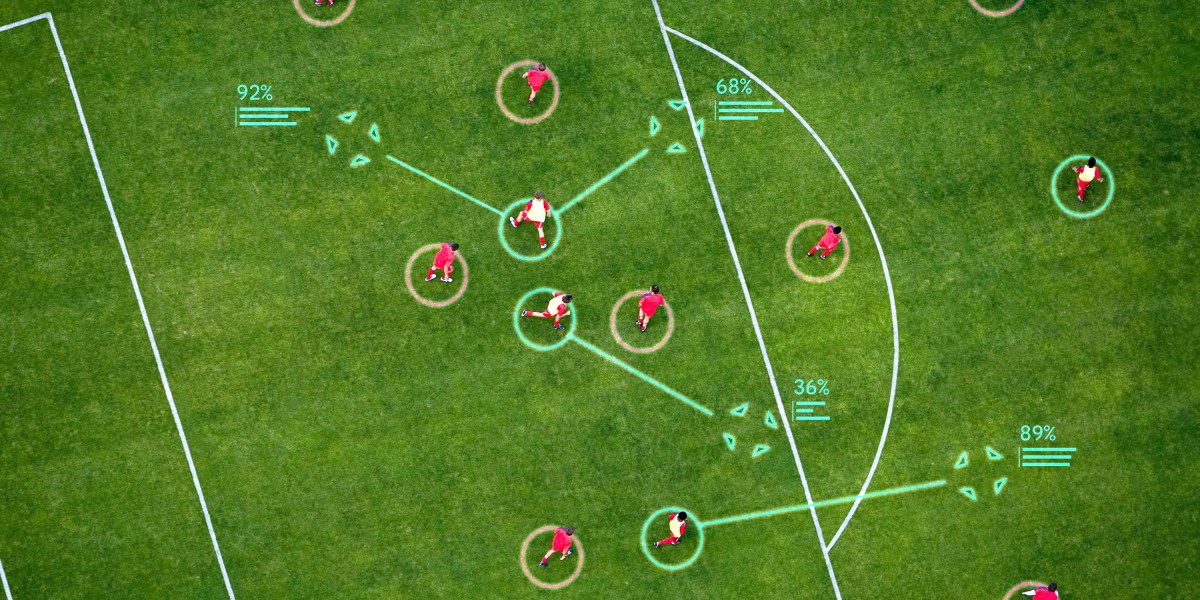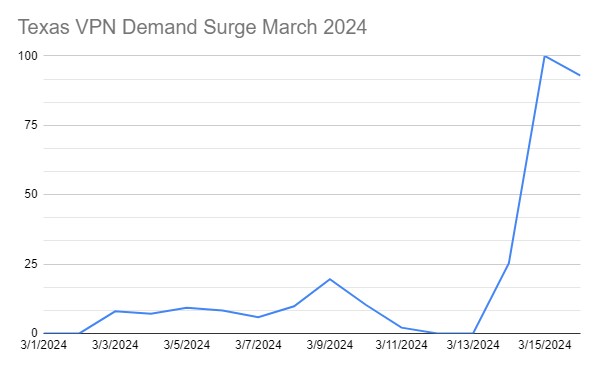Italy’s newly-installed Piracy Shield system, put in place by the country’s national telecoms regulator, Autorità per le Garanzie nelle Comunicazioni (Authority for Communications Guarantees, AGCOM), is already failing in significant ways. One issue became evident in February, when the VPN provider AirVPN announced that it would no longer accept users resident in Italy because of the “burdensome” requirements of the new system. Shortly afterwards, TorrentFreak published a story about the system crashing under the weight of requests to block just a few hundred IP addresses. Since there are now around two billion copyright claims being made every year against YouTube material, it’s unlikely that Piracy Shield will be able to cope once takedown requests start ramping up, as they surely will.
That’s a future problem, but something that has already been encountered concerns one of the world’s largest and most important content delivery networks (CDN), Cloudflare. CDNs have a key function in the Internet’s ecology. They host and deliver digital material to users around the globe, using their large-scale infrastructure to provide this quickly and efficiently on behalf of Web site owners. Blocking CDN addresses is reckless: it risks affecting thousands or even millions of sites, and compromises some of the basic plumbing of the Internet. And yet according to a post on TorrentFreak, that is precisely what Piracy Shield has now done:
Around 16:13 on Saturday [24 February], an IP address within Cloudflare’s AS13335, which currently accounts for 42,243,794 domains according to IPInfo, was targeted for blocking [by Piracy Shield]. Ownership of IP address 188.114.97.7 can be linked to Cloudflare in a few seconds, and doubled checked in a few seconds more.
The service that rightsholders wanted to block was not the IP address’s sole user. There’s a significant chance of that being the case whenever Cloudflare IPs enter the equation; blocking this IP always risked taking out the target plus all other sites using it.
The TorrentFreak article lists a few of the evidently innocent sites that were indeed blocked by Piracy Shield, and notes:
Around five hours after the blockade was put in place, reports suggest that the order compelling ISPs to block Cloudflare simply vanished from the Piracy Shield system. Details are thin, but there is strong opinion that the deletion may represent a violation of the rules, if not the law.
That lack of transparency about what appears to be a major overblocking is part of a larger problem, which affects those who are wrongfully cut off. As TorrentFreak writes, AGCOM’s “rigorous complaint procedure” for Piracy Shield “effectively doesn’t exist”:
information about blocks that should be published to facilitate correction of blunders, is not being published, also in violation of the regulations.
That matters, because appeals against Piracy Shield’s blocks can only be made within five working days of their publication. As a result, the lack of information about erroneous blocks makes it almost impossible for those affected to appeal in time:
That raises the prospect of a blocked innocent third party having to a) proactively discover that their connectivity has been limited b) isolate the problem to Italy c) discover the existence of AGCOM d) learn Italian and e) find the blocking order relating to them.
No wonder, then that:
some ISPs, having seen the mess, have decided to unblock some IP addresses without permission from those who initiated the mess, thus contravening the rules themselves.
In other words, not only is the Piracy Shield system wrongly blocking innocent sites, and making it hard for them to appeal against such blocks, but its inability to follow the law correctly is causing ISPs to ignore its rulings, rendering the system pointless.
This combination of incompetence and ineffectiveness brings to mind an earlier failed attempt to stop people sharing unauthorized copies. It’s still early days, but there are already indications that Italy’s Piracy Shield could well turn out to be a copyright fiasco on the same level as France’s Hadopi system, discussed in detail in Walled Culture the book (digital versions available free).
Source: Italy’s Piracy Shield Blocks Innocent Web Sites And Makes It Hard For Them To Appeal | Techdirt




